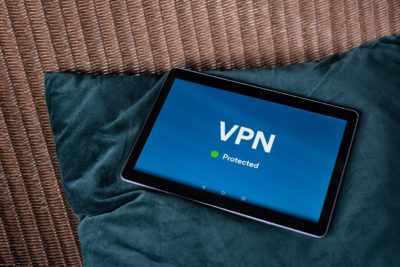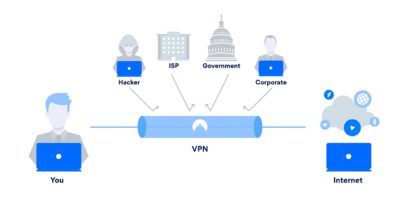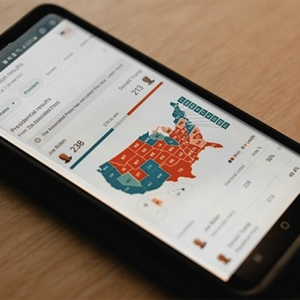Virtual private networks (VPNs) were created and used as a means for employees to connect to a company’s network securely, either from the office or at home. For a long time, the use of VPNs only went as far as to keep company networks secure and allow people to work remotely on those networks. But there has been a stark rise in the popularity of VPN programs, and it’s not because there’s an increase of businesses deploying them on their networks.
Over the last couple of years, the issue of privacy while online and keeping your personal details safe has been highlighted numerous times, with the most famous case circling around Facebook’s data policies and Cambridge Analytica. Although not directly related to privacy on the web, the high-profile incident further enforced people’s desire to go unseen while online for fear of what data websites are collecting from them. That’s where VPNs come in.
They may not have been originally designed for this purpose, but VPNs have become essential tools for internet users looking to maintain a high level of privacy while online. So, let’s venture into why the uses of VPNs have become so desired, and how exactly they work to achieve the privacy that we all deserve.
What does a VPN achieve?

Being able to connect to the internet via a virtual private network has many benefits, with one of the more entertaining pros being that you can access geographically locked content. The best example of VPN use in this sense would be to access the content that Netflix doesn’t deliver to the US but does allow customers in other nations to view. With a VPN, you can trick the internet into thinking that you’re situated in a different country, which gives you access to everything that nation’s people can see.
The primary reason why VPNs have become so popular, however, is the enhanced safety and privacy measures implemented through their uses. Some people limit their VPN use to public Wi-Fi networks or hotel Wi-Fi networks as they’re quite open and someone with the right knowledge on the same network could find out more about you than you’d like. The best VPN service, though, will encrypt your data both ways, which stops those trying to decipher it in their tracks. In fact, some VPN providers say they use military-grade encryption to ensure the safety of their users’ data, the benefits of which include stopping identity theft.
With a VPN in place, you can browse, download, and shop as much as you want in the knowledge that your data is being protected to a very high grade. As privacy and keeping your details under lock and key has become increasingly important to internet users, it shouldn’t come as a surprise that VPN services have surpassed their original purpose to now be used all over the world to ensure safe online usage.
How does a VPN work?

The best way to simplify the VPN concept is that it sets up a secure tunnel between your computer, tablet, or mobile and the addresses that you visit while online. To establish this secure tunnel, you run a program on your computer which connects you to the dedicated VPN server. With most VPN programs, you can select from a wide range of servers based in countries all over the world to connect to and use. Once you’re connected and you start browsing, the internet will recognize you as a user from the nation that the VPN server is situated in, rather than your actual location. So, for example, if you’re in California but want to gain access to a website in Europe which is restricted to European citizens, simply boot up the VPN and connect to its server in Spain, France, Germany, or any other European country.
While the internet itself will recognize you as being in a certain geographical location, you are still being protected by the VPN’s secure tunnel. As you are guarded by this tunnel and all of your data is being encrypted while the tunnel is live, it becomes incredibly difficult for others to see your online activity. Through the use of a VPN, the only ones who know what you’re doing on the internet are the VPN server, the website that you’re on – believing that you’re in the location of the VPN server – and, of course, yourself.
In an age where people crave privacy and personal data protection from the rest of the online community, VPNs have risen in popularity to become must-have tools. The added benefit on top of the privacy is that you can make full use of the internet by accessing geographically restricted websites and content – making the vast online world even bigger for you. The best VPNs are easy to install and straightforward to use, with many people now deploying them every time they go online.


